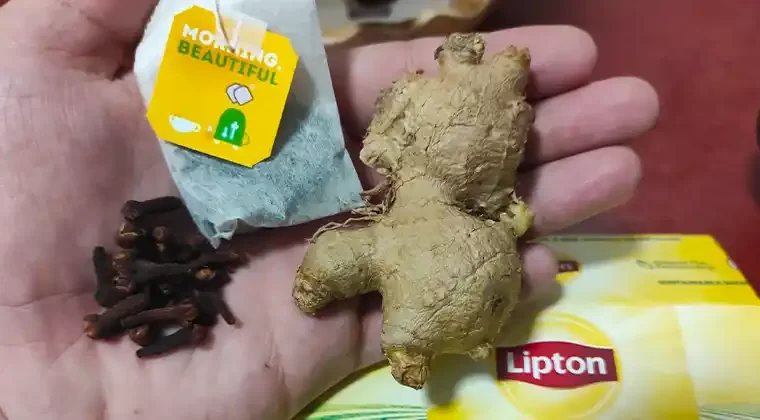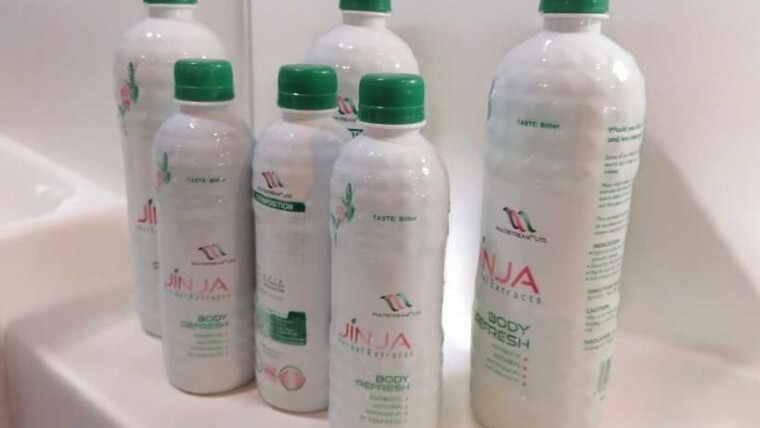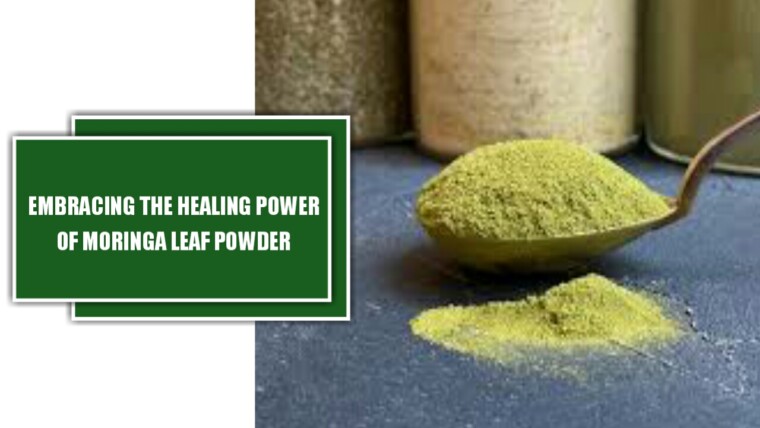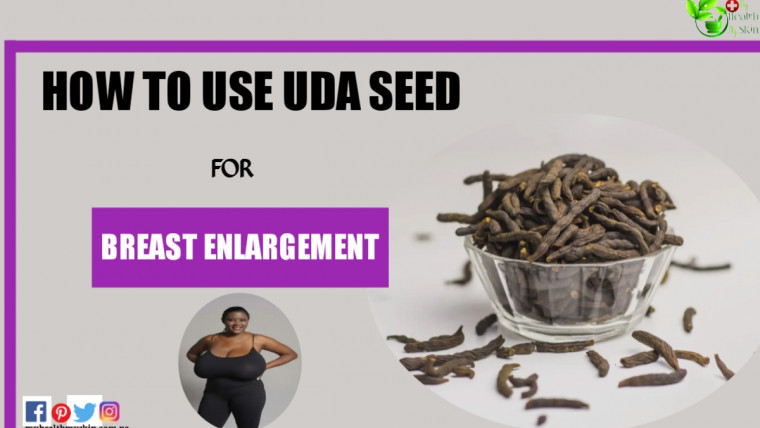LADY’S MANTLE
Most plants are regarded as weeds and grasses but, every single plant that exists including LADY’S MANTLE (Alchemilla vulgaris) has it’s own health benefits and side effects. Lady’s Mantle is a powerful women’s herb, just as its name suggests and it is derived from the word “alchemy”.
The water droplets (Dew) on its leaves was considered by alchemists as heavenly water indispensable for the preparation of the philosopher’s stone.
Lady’s mantle, the popular wire-weed, is a species of flowering plant in the family Rosaceae. This herbaceous perennial plant is consider to have originated in North America, Europe, Asia and grown throughout the world as an ornamental garden plant.
In times past, it was claimed that the “lady mantle” could restore shine to withered breasts of a woman and also restore her virginity.
Botanical name: Alchemilla ( Lady’s Mantle), is regarded as astringent, salicylic acid and has been used for all manner of women’s health problems including;
- Irregular menstruation
- Menstrual cramps
- Menopause
- Hormonal imbalances
- Weakness in late pregnancy
- Wounds
- Gastrointestinal issues
WHY IT IS CALLED LADY’S MANTLE?
The name lady’s mantle was obtained from its pleated leaves and fan-shaped, which resemble the folds of a medieval cloak. The leaves collect sparkling droplets of dew, which were valued by alchemists.
CONSTITUENTS
- It has About 6-8% tannins (partly gallotannins)
- Ellagitannins (pedunculagin, the dimeric alchemillin)
- Flavonoids (quercetin 3-O-b-D-glucuronide has been found)
HOW TO IDENTIFY LADY’S MANTLE
LEAVES: It has semi-round soft gray-green foliage, velvety, lobed large, light green, fan like, hairy and slightly pleated leaves, and are up to 6” across with serrated edges.
FLOWER: It is an attractive perennial herb with lime green flowers. The plant produces nearly inconspicuous chartreuse (yellow-green) blooms, In late spring and early summer.
PLANT: The hardy perennial herb grows to about 12 inches tall. It tolerates both sun and slight shade and can be found in various habitats.
Botanical Name(s): Alchemilla xanthochlora, Alchemilla mollis, Alchemilla vulgaris
CLASSIFICATION
Kingdom
- Plantae – Plants
Subkingdom
- Tracheobionta – Vascular plants
Superdivision
- Spermatophyta – Seed plants
Division
- Magnoliophyta – Flowering plants
Class
- Magnoliopsida – Dicotyledons
Subclass
- Rosidae
Order
- Rosales
Family
- Rosaceae – Rose family
Genus
- Alchemilla L. – lady’s mantle
Other common names:
- Woman’s Herb
- Nine Hooks
- Bear’s Foot
- Lion’s Foot
- Leontopodium.
- Stellaria
- Pied-de-lion (French)
- Frauenmantle (German)
- Ladder Brake
- Common lady’s mantle
- Alchemilla
BENEFITS OF LADY’S MANTLE
MENSTRUATION
Its ability to regulate menstruation is one of the key benefits of Lady’s Mantle. The production of progesterone are stimulated which is essential to regular periods. irregular menstruation and eggs not being released can be as a result of low levels of progesterone.
Lady’s Mantle (woman’s herb) is one of the best herbs to combat fertility problems, because it has the ability to enhance progesterone levels and it also stimulates ovulation, at the same time acting as a uterine tonic, toning the uterus in readiness for conception.
The anti-spasmodic and pain relieving effects of lady’s mantle is as a result of salicylic acid and quercetin, in cases of menstrual cramps. This compounds are known for their analgesic and anti-inflammatory actions.
MENOPAUSE
The occurrence of hot flushes, night sweats and other menopausal symptoms such as anxiety and mood swings can be reduce as a result of the action of Lady’s Mantle on progesterone receptors.
It helps to tackle “oestrogen dominance”. This condition affects many women in the peri and post-menopause with fewer ovulations as they grow older, women produce less progesterone which can lead to the hormone imbalance that can cause havoc in the body system.
The ability of this woman’s herb to stimulate progesterone production can keep these vital hormones in balance which can help to alleviate a wide range of symptoms that are commonly associated with the menopause.
GASTROINTESTINAL HEALTH
The salicylic acid content in Lady’s Mantle can ease stomach cramps
strengthen the digestive system and boost digestion.
The astringent nature and high tannin content of this woman’s herb also makes it an perfect remedy for mild diarrhoea.
Tannins content in this herb help dry up excessive watery secretions that occur, in cases of diarrhoea, and the German E Commission has approved this herbs safety for this use, stating its benefits in light and non specific diarrhoea.
SKIN HEALTH
Lady’s Mantle protects newly formed elastin fibres and has an astringent effect on the skin.
Elastin; is a key protein in the skin that are required for skin elasticity. It is present in connective tissue and highly elastic. It allow many body Tissues resume their shape after strectching.
The two powerful antioxidant in Tannin content that help in protecting the skin from oxidative stress and damage are:
I. Oligomeric gallotannins
II. Flavonoids
The astringent properties imparted by the high tannin content of this herb helps to reduce the appearance of enlarged pores, keep the complexion glowing and smooth whilst helping to tone and tighten the skin.
In Additional, Lady’s Mantle helps to repair damaged skin, commonly used on eczema, acne and redness and it is an excellent herb for wound healing.
HOW TO USE THIS HERB
LADY’S MANTLE TEA
Making a tea is one of the best way to benefit from this Lady’s Mantle Herb.
Preparation
Use 1 – 2 teaspoons of Lady’s Mantle, steep in hot water for about 10 to 20 minutes. Then strain and drink
It taste delicious, similar to green tea. You can also add some Angelica Root, Rose Petals, Raspberry Leaves or Lemon Verbena to your tea.
LADY’S MANTLE POWDER
The Lady’s Mantle in powder form can be added to decoction and to salves for wound healing. The infusion of the powder can be incorporated into soaps, lotions, creams. It can also be added to baths where astringency is required.
Preparation
Use ¼ teaspoon of lady’s mantle herb in water daily.
LADY’S MANTLE TINCTURE
It can also be added to fruit juice or water and taken when needed.
Taken Traditionally: 2-3ml
Drink 2-3 times daily, or as directed by a Herbal Practitioner.
PRECAUTIONS
Not recommended for breastfeeding or pregnant women. The use of Lady’s Mantle tea in the last few weeks of pregnancy to prepare the uterus for labour and prevent hemorrhage is recommended by some herbalists.
Before using any herbs during pregnancy, please always check your healthcare provider.
If you have any question, contribution or any other suggestion ? Kindly use the comment box below.
All provided materials in this article is intended only for educational and informational purposes. To know which herb is appropriate for your condition, It is best to consult your doctor or healthcare professional.








